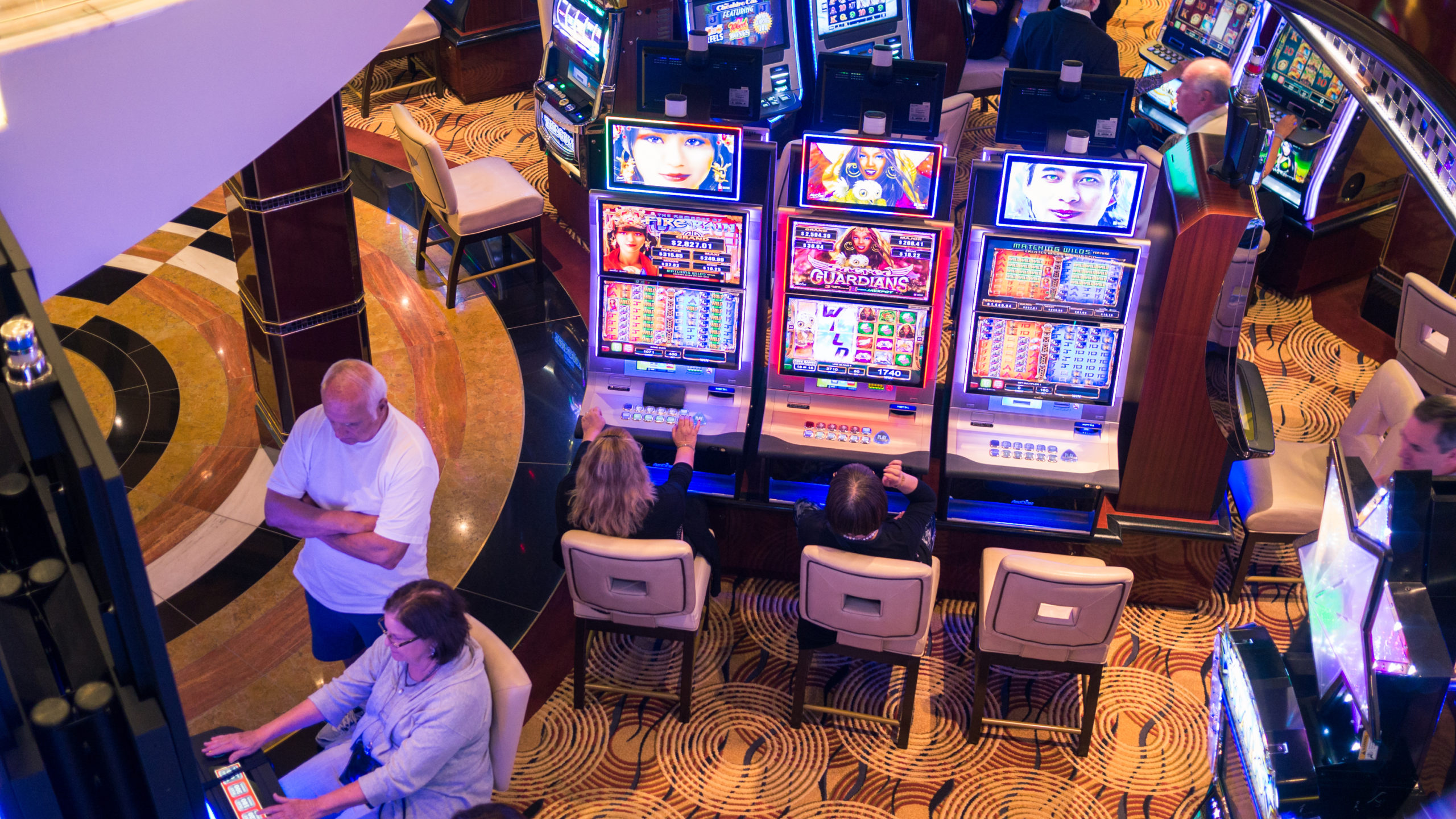
When we think of casino games, the initial images that often cross our minds are those of rotating roulette devices, poker chips clinking on felt tables, and cubes flying across a gaming surface. While numerous consider these games as simple hobbies fueled by chance, a more profound exploration reveals a captivating blend of strategy, skill, and community engagement that elevates them far beyond simple chance. Whether you are a seasoned player or a curious newcomer, understanding the subtleties of these activities can greatly enhance your enjoyment and understanding.
Gambling games have developed over centuries, with different cultures contributing to their diverse histories and variations. From the intricate tactics of 21 to the bluffing tactics in poker, players engage in a contest of intellect as much as a gamble on numbers. This exciting interplay between luck and skill creates a exciting atmosphere that draws millions to gambling establishments worldwide. As we explore the realm of table games, we will reveal the strategies that can shift the odds in your advantage and the social elements that make these games a popular choice for entertainment and interaction.
A Approach Behind Casino Games
Table gaming frequently combine a blend of ability and chance, which makes them fascinating for players who like a test. Each game has their own set of rules and tactics that can influence the outcome. nohu90 For example, in titles like 21, players are required to use tactics like card counting and understanding the odds to make informed decisions. This expertise can significantly improve the victory potential, differentiating seasoned participants from beginners who may depend entirely on luck.
In contrast, games such as roulette may appear to be purely based on luck, but strategic thinking can also play into the equation. Players can choose between different wagering strategies, such as the Martingale strategy, in which they raise the wagers after losses. This approach can create a more controlled approach to the activity. Grasping the odds of specific wagers can also assist players make smarter decisions on the roulette table, showcasing that even games of luck, strategy can enhance the experience.
Furthermore, poker stands out as a game that heavily focuses on strategy. In contrast to most gaming games, the game of poker combines skill, psychology, and chance. Participants must not only focus on the cards they are given but also take into account their rivals’ actions and betting patterns. Mastering concepts like position, pot odds, and interpreting bluffs is crucial for winning. This depth of tactics in the game of poker often creates to a more immersive encounter for players, where their decisions and abilities significantly impact the game’s results.
Understanding Likelihood and Ratios
In the domain of gambling games, probability and odds hold a vital role in deciding a player’s possible consequences. Every activity has its own set of guidelines that define how the chance of winning or losing is calculated. For example, in matches like blackjack, participants have a opportunity to modify their ratios through strategy, whereas in matches like roulette, the outcomes are purely governed by chance. Comprehending how these chances are calculated can significantly impact how a player approaches the game.
Odds are typically shown in two formats: ratio and numeric. Ratio ratios represent the ratio of the amount gained to the amount bet, whereas numeric odds show the overall payout for a successful bet, which includes the initial bet. For instance, if a match has odds of 5 to 1, this implies that for every one unit staked, a gambler could win five dollars if successful. Understanding how to understand these ratios allows gamblers to assess their potential earnings and formulate more wise choices during gameplay.
Players should also be conscious of the house edge, which is the casino’s inherent benefit over the players. Each match has a distinct house edge, and grasping this concept is essential for handling one’s expectations and funds. Activities with a reduced house edge, such as 21 and chemin de fer, typically offer better odds for players compared to activities like slots and lottery. By acknowledging the connection between chance, odds, and the house edge, gamblers can improve their gaming experience and strategize more efficiently.
The Aspect of Table Gaming
Casino games at gaming establishments are often seen as a center of community engagement, bringing players together in a collective experience that goes far beyond the mere act of gambling. The atmosphere at a blackjack table can be vibrant, with gamblers engaging not only with the game itself but also with each other. Joy, excitement, and, occasionally, playful teasing create connections that enhance the overall experience of the gaming experience. This communal aspect can turn a alone endeavor into a dynamic social event, making casino games particularly appealing.
One of the fascinating elements of table gaming is the way it fosters camaraderie among players. Whether it’s collaborating to beat the dealer at a craps table or exchanging tales between hands in a poker game, the environment encourages communication. Participants often share tips or tactics, creating a sense of togetherness that boosts the fun. This social dynamic can make new players feel welcomed and less intimidated by the competitive nature of gaming. As the game continues, friendships may form, leading to a sense of belonging that keeps participants coming back to the table.
Moreover, the social aspect of table gaming extends beyond just the players. Dealers play a vital role in facilitating interaction and maintaining the flow of the game. Their ability to engage players with warm dialogue and their expertise in managing the table can create an inviting atmosphere. This relationship between players and dealers adds another layer of enjoyment, where players feel connected not only to each other but also to the staff. Such interactions are often what make the experience memorable, as players leave with stories to tell and connections made, reinforcing the notion that table games are truly about something greater than luck.